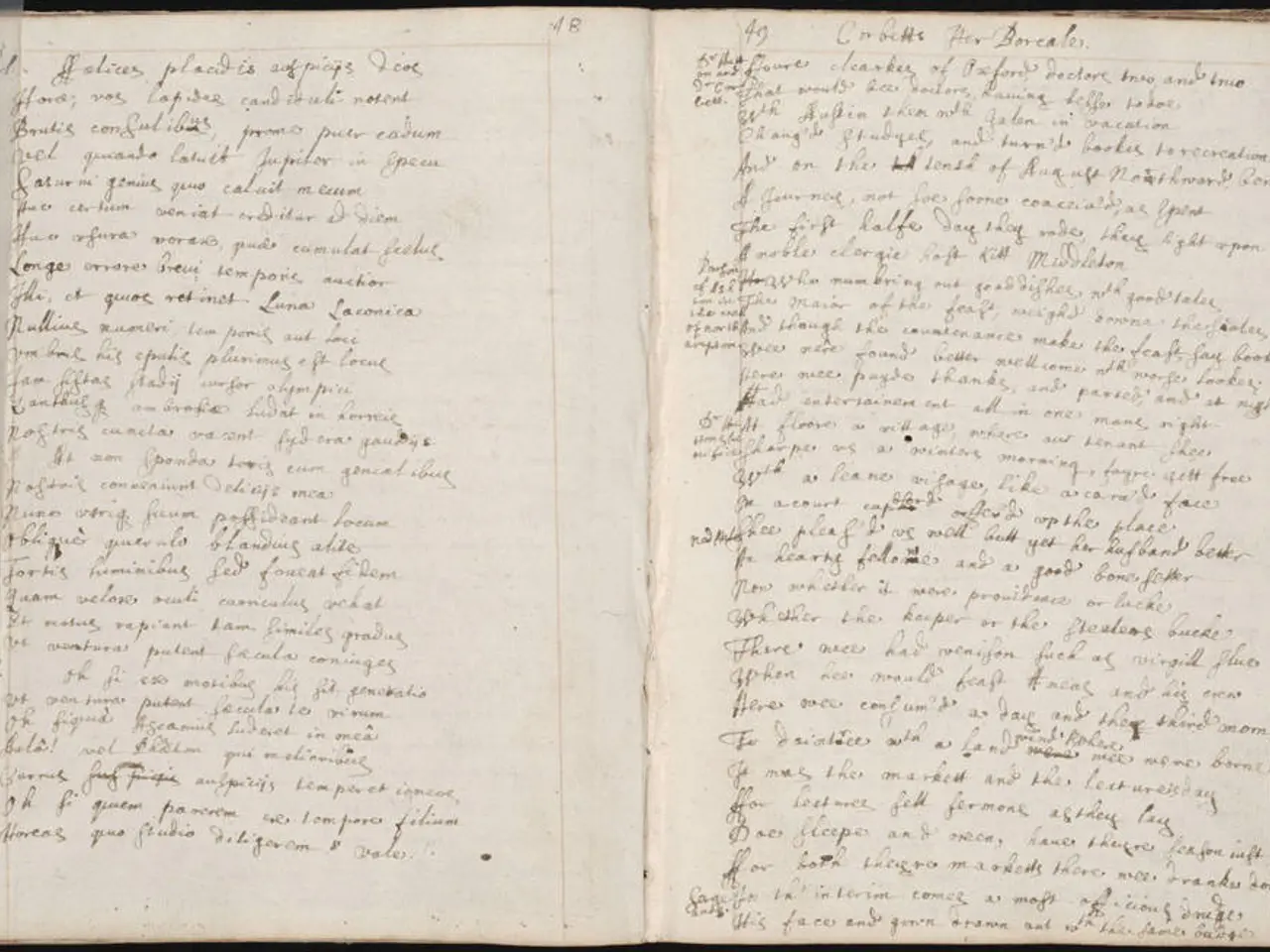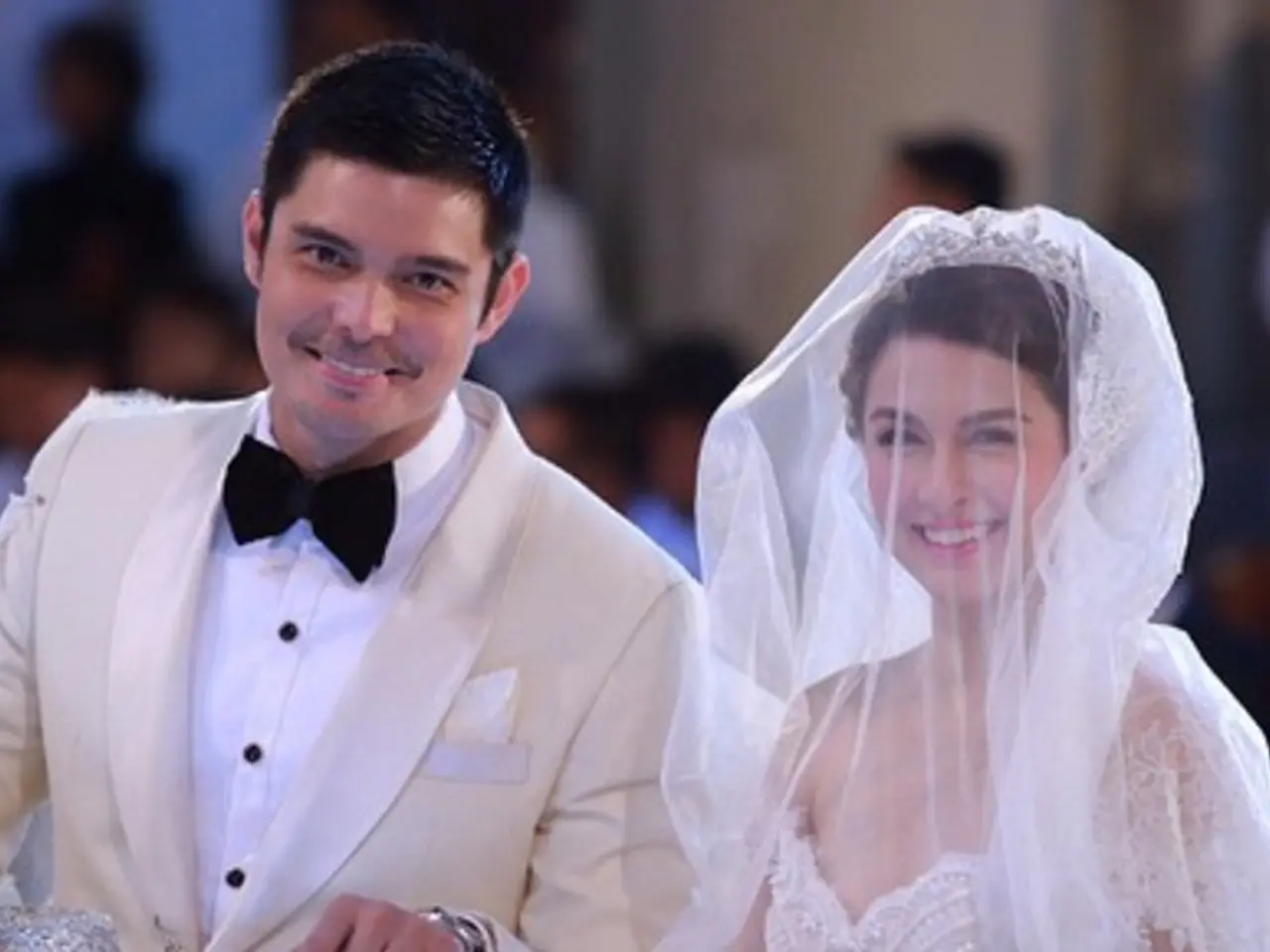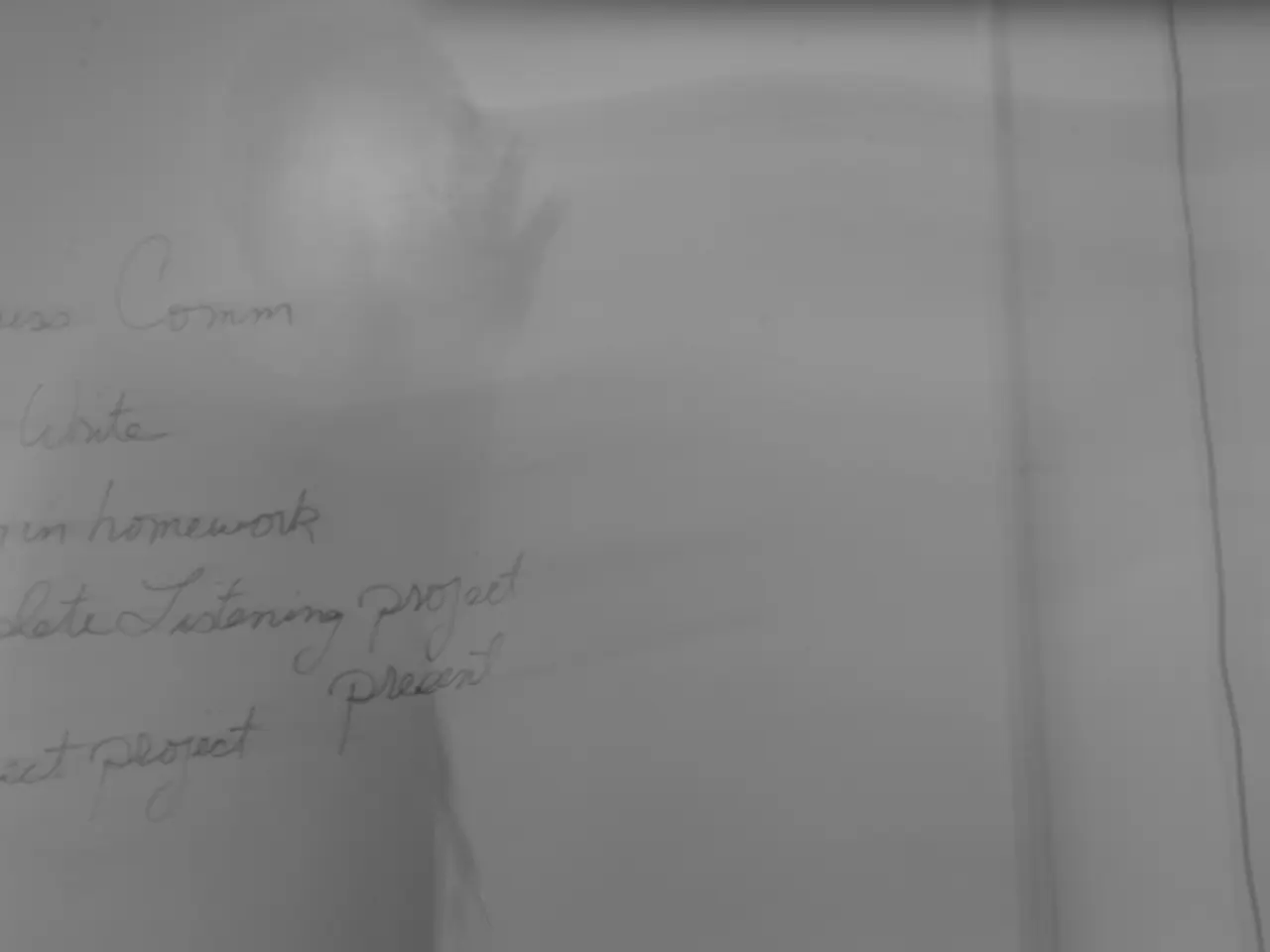Carlsen Publishing Outlines the Management of Conni-Memes - Carlsen Publisher Provides Guide on Handling Conni-Meme Phenomenon
In a recent move, Carlsen Publishing (Carlsen Verlag) has announced its stance against the proliferation of Conni-memes on the internet. These memes, based on their well-known children's book character Conni, are being targeted due to concerns over copyright and trademark infringement, as well as the demeaning or inappropriate nature of some of the memes[1][2].
The publisher, known for publishing Conni books for over 30 years, views the unauthorized use and modification of their Conni character in memes as a violation of their intellectual property rights. This includes protection against adaptations or uses that could damage the brand or character image[1][2].
Carlsen Verlag is particularly concerned about memes that could be harmful to the integrity and reputation of the Conni character, which is intended for children. By taking legal steps, they aim to prevent content that could be considered disrespectful or offensive toward their creation[2].
Despite the controversy, Carlsen Publishing is not entirely against the playful and funny contributions that Conni inspires on the internet. However, they draw the line at memes that violate their values or infringe on their copyright and trademark[1].
Conni, a popular figure in German-speaking children's rooms, has led to an increasing number of AI-generated memes on social networks. In response, Carlsen Publishing has made a statement on the LinkedIn network, confirming their action against violations of copyright, trademark, or title rights[1].
The publisher has received criticism for its handling of copied or AI-generated Conni-memes. However, it is important to note that Carlsen Publishing does not threaten legal action for all Conni-memes but requests their removal when necessary[2].
To date, no legal action has been necessary for Carlsen Publishing regarding Conni-memes[1][2]. The publisher defends against accusations of disregarding artistic freedom or the right to satire, ensuring that their actions are guided by a commitment to protect their intellectual property and the reputation of their beloved character, Conni.
In conclusion, Carlsen Publishing is actively working to maintain the integrity of its Conni character and brand by forbidding Conni-memes and parodies circulating online, sending warnings, and contemplating or initiating legal measures based on copyright and trademark laws[1][2]. They aim to protect the character’s reputation by addressing concerns about demeaning or inappropriate content in these memes[1][2].
[1] Carlsen Publishing Press Release, Mid-June 2022. [2] Carlsen Publishing Statement on LinkedIn, June 2022.
- In light of the ongoing issue, the Commission might consider drafting a proposal for a directive on the protection of workers, extending it to include regulations against exposure to ionizing radiation in fashion-and-beauty and entertainment industries, given the increasing use of makeup and costumes that imitate such radiation.
- As the debate surrounding Conni-memes simmers on social media, it is worth noting that the same protection against copyright and trademark infringement could be applied to influential figures in pop-culture, ensuring that their images and intellectual properties are not misused or misrepresented.
- While exploring new avenues for the protection of workers and intellectual properties, one might also consider drafting a recommendation for the promotion of literature and books, ensuring they remain an integral part of our lifestyle and social discourse despite the rising influence of digital media.






